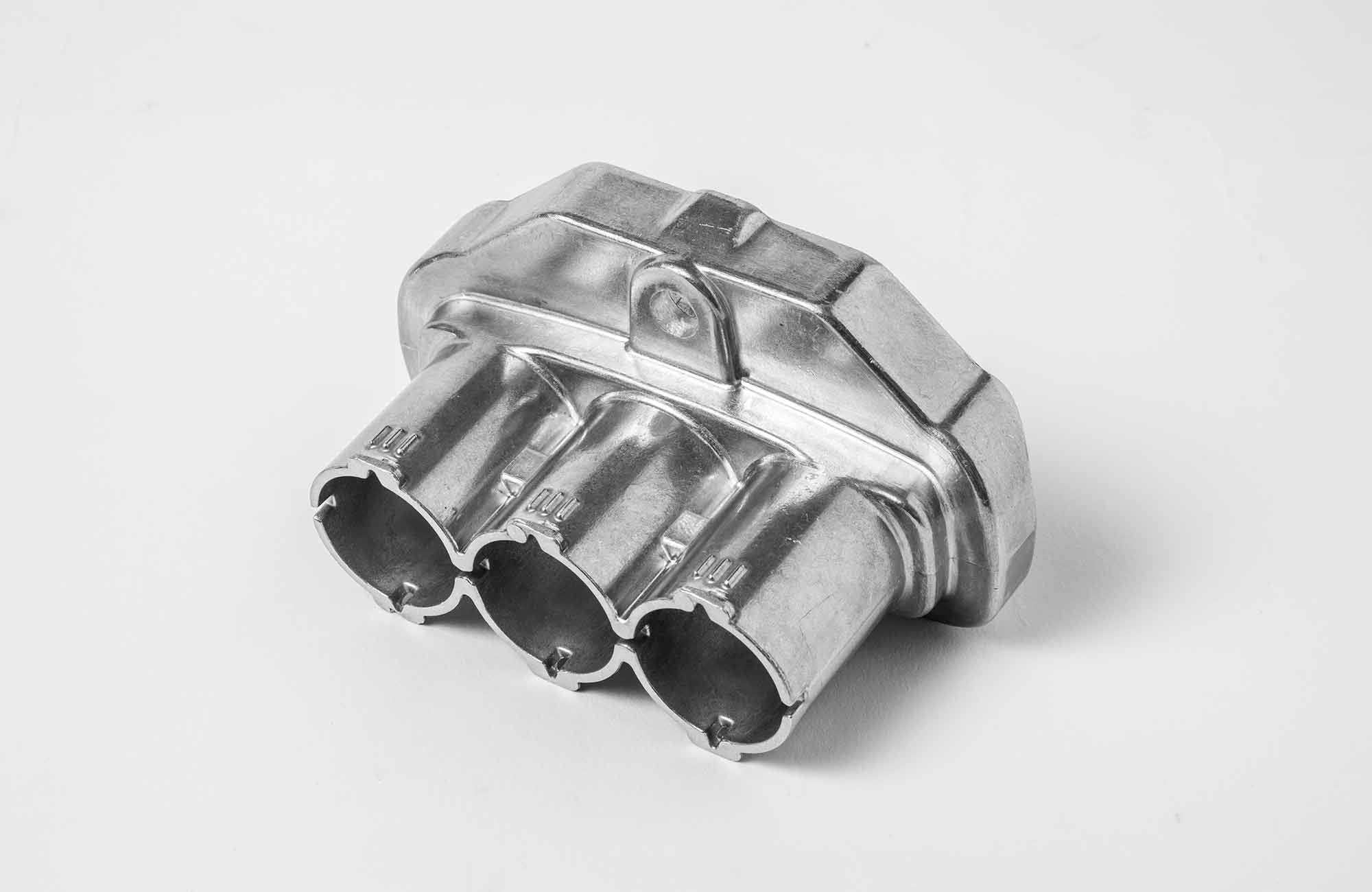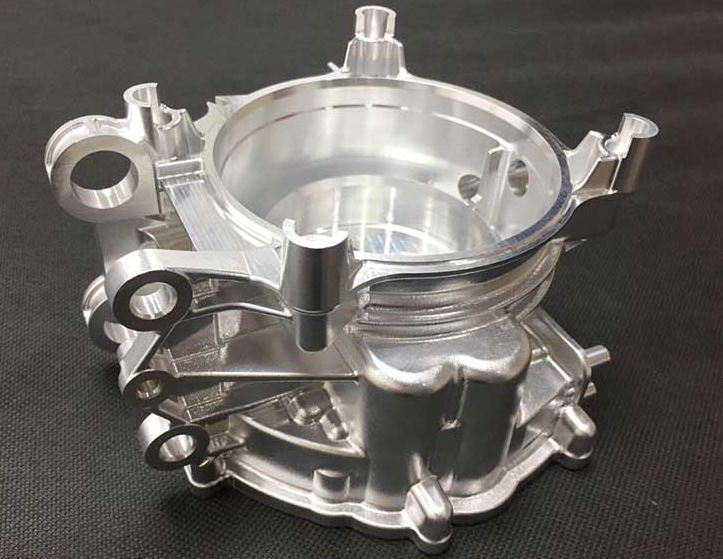Getting The Alcast Company To Work
Getting The Alcast Company To Work
Blog Article
What Does Alcast Company Do?
Table of ContentsHow Alcast Company can Save You Time, Stress, and Money.Some Known Factual Statements About Alcast Company The Greatest Guide To Alcast CompanyAlcast Company Things To Know Before You Get This9 Easy Facts About Alcast Company DescribedNot known Details About Alcast Company
The refined difference hinges on the chemical web content. Chemical Comparison of Cast Light weight aluminum Alloys Silicon promotes castability by minimizing the alloy's melting temperature level and enhancing fluidness throughout spreading. It plays a critical function in enabling detailed molds to be filled precisely. Furthermore, silicon adds to the alloy's strength and wear resistance, making it important in applications where toughness is important, such as automobile components and engine elements.It additionally boosts the machinability of the alloy, making it simpler to process into ended up items. By doing this, iron adds to the total workability of light weight aluminum alloys. Copper raises electrical conductivity, making it useful in electric applications. It likewise boosts corrosion resistance and includes in the alloy's overall stamina.
Manganese adds to the stamina of light weight aluminum alloys and enhances workability. Magnesium is a light-weight aspect that provides stamina and impact resistance to light weight aluminum alloys.
5 Easy Facts About Alcast Company Shown
It allows the production of light-weight elements with excellent mechanical residential or commercial properties. Zinc improves the castability of aluminum alloys and aids control the solidification procedure during casting. It enhances the alloy's toughness and hardness. It is commonly located in applications where intricate forms and great details are needed, such as decorative spreadings and specific auto parts.

The primary thermal conductivity, tensile strength, yield stamina, and elongation differ. Select ideal raw products according to the performance of the target item produced. Among the above alloys, A356 has the highest possible thermal conductivity, and A380 and ADC12 have the most affordable. The tensile limit is the contrary. A360 has the ideal return stamina and the highest possible prolongation rate.
The Best Strategy To Use For Alcast Company

In precision spreading, 6063 is fit for applications where detailed geometries and high-quality surface area finishes are extremely important. Examples consist of telecommunication units, where the alloy's exceptional formability allows for sleek and visually pleasing layouts while keeping structural stability. In a similar way, in the Lighting Solutions industry, precision-cast 6063 components create sophisticated and reliable illumination fixtures that need intricate shapes and great thermal efficiency.
It results in a finer surface area finish and far better corrosion resistance in A360. The A360 shows superior prolongation, making it perfect for complex and thin-walled components. In accuracy casting applications, A360 is fit for industries such as Customer Electronics, Telecommunication, and Power Tools. Its improved fluidity permits complex, high-precision components like mobile phone casings and communication tool real estates.
Fascination About Alcast Company
Its distinct residential properties make A360 a valuable option for precision casting in these sectors, improving product longevity and top quality. Light weight aluminum alloy 380, or A380, is a widely used spreading alloy with numerous distinctive characteristics. It supplies outstanding castability, making it an excellent option for precision spreading. A380 additional hints displays great fluidness when molten, ensuring detailed and detailed molds are accurately recreated.
In precision casting, light weight aluminum 413 beams in the Customer Electronics and Power Equipment markets. It's frequently made use of to craft complex parts like smart device housings, electronic camera bodies, and power tool housings. Its accuracy is remarkable, with limited resistances up to 0.01 mm, making sure remarkable product assembly. This alloy's superior rust resistance makes it an outstanding choice for exterior applications, making sure resilient, resilient items in the stated markets.
Some Of Alcast Company
As soon as you have actually chosen that the light weight aluminum pass away casting process appropriates for your job, a vital following action is deciding on the most suitable alloy. The aluminum alloy you select will considerably influence both the casting process and the residential properties of the end product. As a result of this, you have to make your decision very carefully and take an enlightened method.
Determining the most ideal aluminum alloy for your application will imply considering a broad selection of attributes. These relative alloy qualities adhere to the North American Pass Away Casting Association's standards, and we have actually split them into 2 classifications. The first category addresses alloy attributes that affect the manufacturing procedure. The second covers features influencing the residential properties of the end product.
Not known Details About Alcast Company
The alloy you select for die casting directly influences a number of facets of the spreading procedure, like how very easy the alloy is to collaborate with and if it is prone to casting defects. Warm splitting, likewise known as solidification cracking, is a typical die casting problem for light weight aluminum alloys that can lead to inner or surface-level rips or splits.
Particular light weight aluminum alloys are more prone to warm splitting than others, and your choice should consider this. One more typical defect located in the die casting of light weight aluminum is pass away soldering, which is when the actors stays with the die wall surfaces and makes ejection hard. It can harm both the cast and the die, so you should seek alloys with high anti-soldering residential properties.
Corrosion resistance, which is already a remarkable quality of aluminum, can differ substantially from alloy to alloy and is an essential particular to consider depending on the ecological problems your product will certainly be exposed to (Aluminum Castings). Put on resistance is one more residential property frequently sought in aluminum products and can set apart some alloys
Report this page